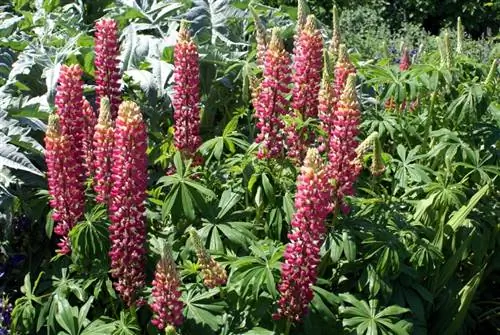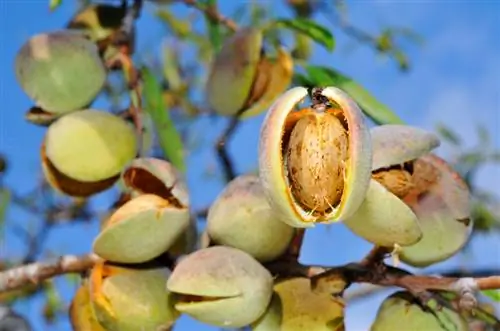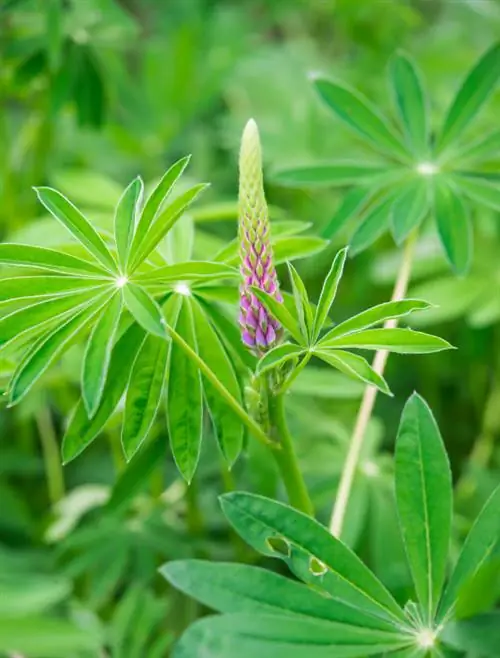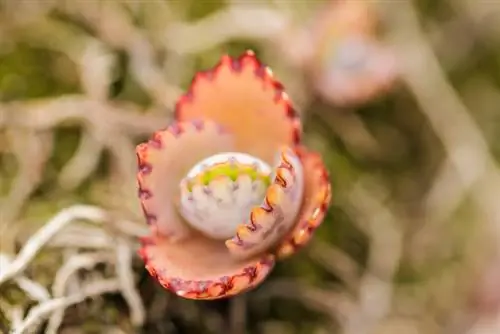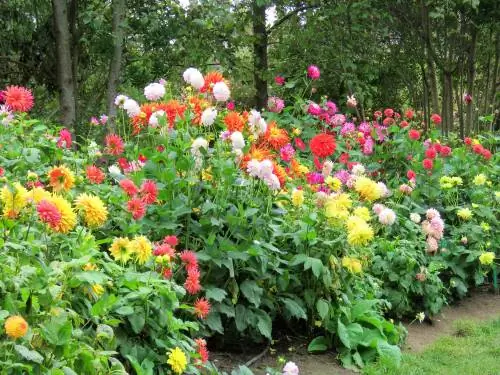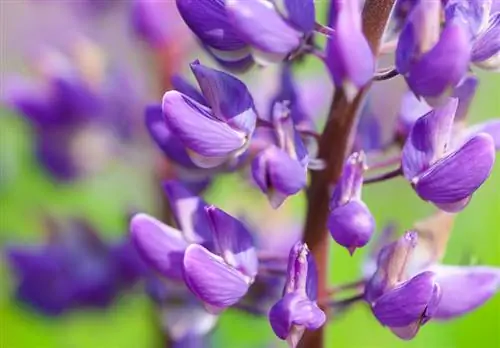- Author admin [email protected].
- Public 2023-12-16 16:46.
- Last modified 2025-01-23 11:20.
Lupins are true all-round talents in the garden. They beautify any perennial bed with their long flower spikes. They improve the soil and are also easy to care for because they are self-sufficient. They also look good as cut flowers in a vase.
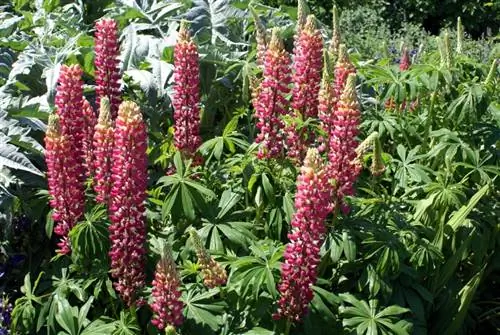
Why are lupins good for the garden?
Lupins are ideal garden plants because they are easy to care for, hardy and colorful. They improve the soil, serve as background planting and have a flowering period from May to August. Lupins are available in a variety of colors and can be easily grown from seeds or young plants.
There is a lot to be said for lupins in the garden
- Large variety of colors
- Ideal background planting
- Soil improvement
- Low maintenance
- Hardy plants
- Self-catering
- Grow for several years
Lupins have made a real triumph in ornamental gardens in recent years. Many hobby gardeners value them because they are so robust and easy to care for. But the perennials can do even more.
Easy to sow or plant
You can sow lupins yourself or plant them early. They grow reliably in a favorable location.
Lupins in many beautiful colors
Lupins come in many colors to suit any garden style. The color palette ranges from white to yellow and pink to deep dark purple. There are even varieties with two-colored inflorescences.
The long flower spikes form a beautiful background backdrop against which low summer flowers are particularly effective.
The flowering period lasts from May to August. By removing spent inflorescences in a timely manner, a second flowering period is possible.
Easy to care for and robust
Lupins are popular not only because of their colors, but also because they are so easy to care for. Older plants don't even need to be watered because they take care of themselves via their long roots. Winter protection is unnecessary outdoors.
They rarely fall victim to diseases as long as they are not too close together and have a location that is as sunny as possible. You only need to protect young plants from snails.
The low maintenance requirements make lupins the ideal plant for home gardens if you don't have a lot of time for care.
Lupins improve the soil
When you plant lupins in the garden, you do more than just create a decorative garden design. At the same time, they ensure that the nitrogen content of the soil improves. Even compacted soils are easily loosened up by the long roots.
Tips & Tricks
Lupins in many different colors are standard in the cottage garden. There they are also often planted in vegetable beds to naturally supply the soil with nutrients.

